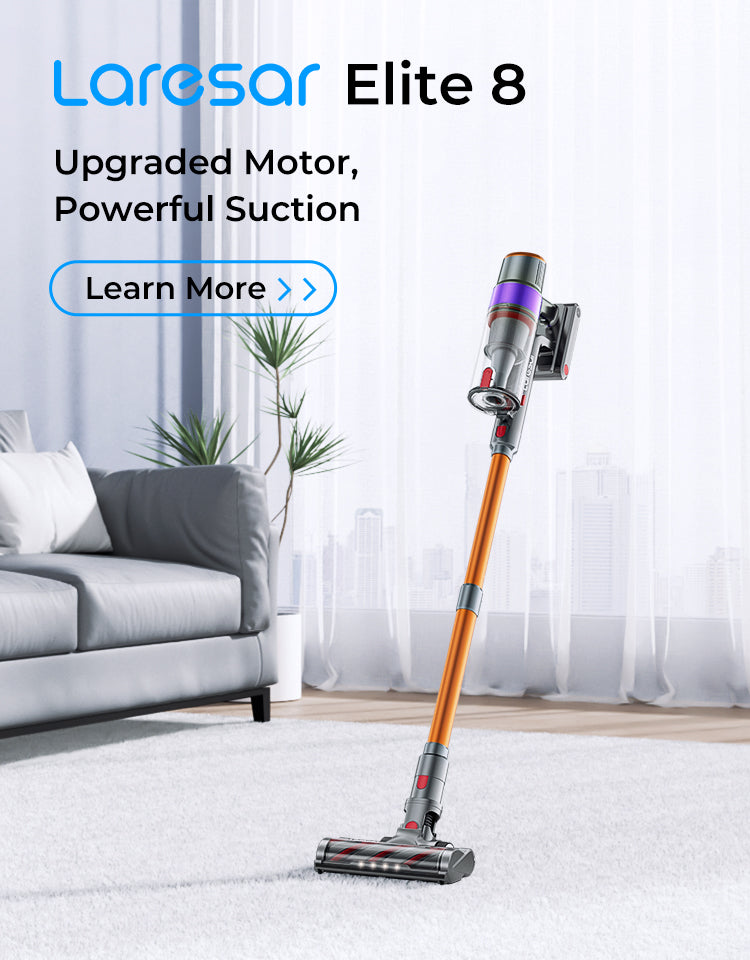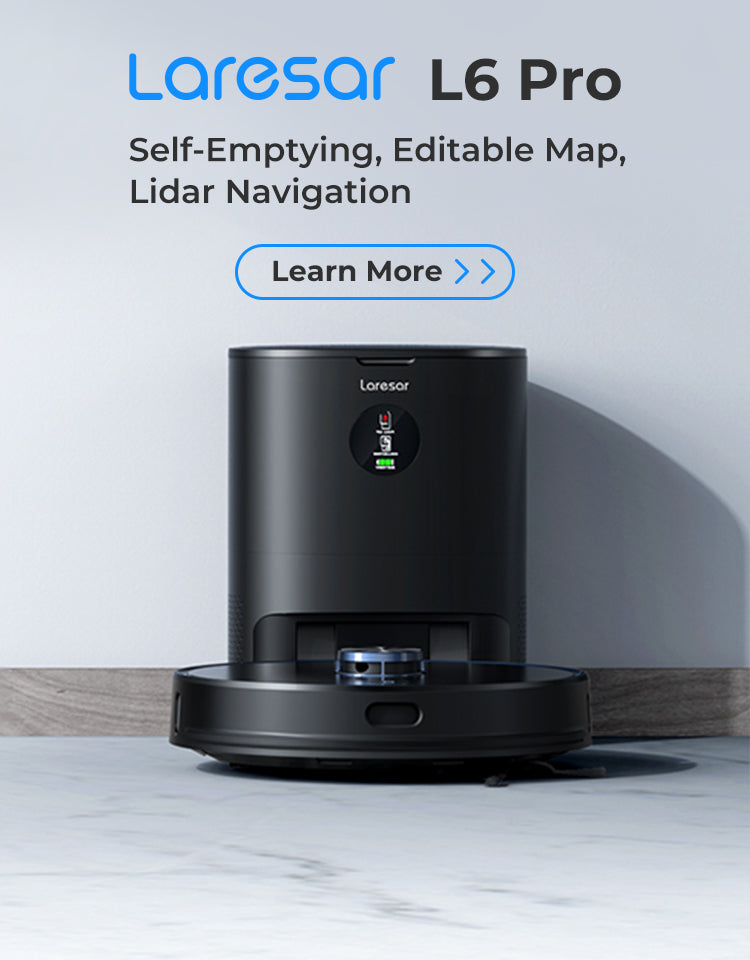Why is HEPA installed in almost every vacuum cleaner? Because the vacuum cleaner sucks dust, because the separation efficiency of the dust cup cannot reach 100%, a part of the dust is sucked into the motor and discharged following the airflow. If it is not effectively filtered, the dust that is directly removed enters the air, which will cause secondary pollution to us and destroy our breathing environment. The HEPA filter, the full name is High Efficiency Particulate Air Filter, which means high efficiency air filter, which can block suspended particulate matter ≥0.3μm in the air, with a filtration efficiency of up to 99.97%, and is often used in vacuum cleaners and air purifiers.
According to specifications, HEPA can be further subdivided into H10, H11, H12, H13, H14. The higher the HEPA grade, the higher the disposable filtration rate. However, the higher the level, the greater the wind resistance, the greater the noise, and the more expensive the cost. It is generally recommended that household filter products be in the H11~H12 grade. The advantage of the HEPA filter is that it is effective and safe, and it is the most important technology for removing particulate pollutants in the air, but the disadvantage is that it can only filter out suspended particles and cannot filter out harmful gases.
Cleaning method of HEPA Filter
The HEPA filter can be cleaned and used repeatedly. Just take out the sea paw and place it under the faucet for rinsing. Remember not to use a brush to avoid damage to the sea paw and reduce the filtering effect. Do not put it back in the machine immediately after rinsing it, you must wait for it to dry naturally in a dry place, but it cannot be exposed to the sun either.
How often is the vacuum cleaner HEPA Filter replaced?
It depends on the degree of pollution of the filter. If the pollution reaches a certain level, it must be replaced. Normally, it is replaced every 3 months.



Leave a comment
This site is protected by hCaptcha and the hCaptcha Privacy Policy and Terms of Service apply.